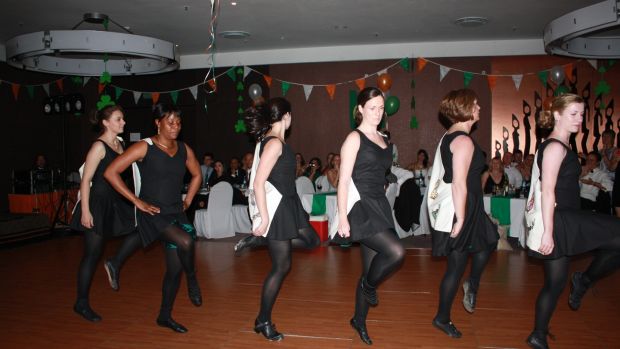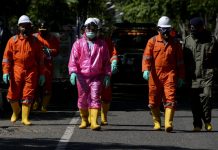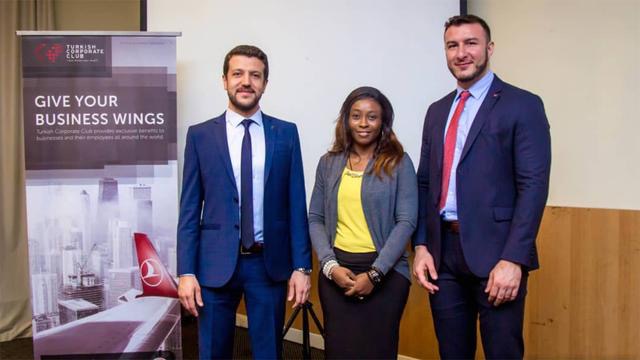Are the Wild Geese goosed? Why Irish societies in Africa are dwindling
Diaspora’s need for Irish associations has been eroded by technology and changing interests
Irish societies in Africa are among the oldest in the world. Membership peaked in the post-independence era.
Irish societies in Africa are among the oldest in the world. Membership peaked in the post-independence era.
Ceire Sadlier
about 15 hours ago
When we arrived in Zambia in 2008, the Wild Geese Society of Lusaka welcomed my husband and I with a ferocity that denied us any opportunity for loneliness. But the invitation to their monthly whist night made me wince. Sitting on a plastic chair in a hot, strip-lit hall, I thought, surely there are better things to be doing in this city on a Friday night than this?
Irish societies in Africa are among the oldest in the world. Membership peaked in the post-independence era, as thousands of Irish workers streamed to the continent to fill skills gaps left by exiting British colonial administrations. At a time when migration was more prolonged and communication with home difficult, Irish societies flourished as platforms for regular, lively and diverse diaspora engagement.
Ceire Sadlier: The number of Irish people in Zambia in the 1960s and 1970s was so significant that several Irish societies formed across the country.
Ceire Sadlier: The number of Irish people in Zambia in the 1960s and 1970s was so significant that several Irish societies formed across the country.
Fifty years on, while Irish people are still inherently drawn to each other and to Irish culture, the mobility and connectivity of emigration has a detrimental impact on the sustainability of once-vital social outlets. Some of the people playing cards that night in Lusaka had been attending Irish society activities in Zambia for 40 years. They spoke of the mighty craic of the 1970s when large Irish communities energetically ate up all the societies had to offer.
The number of Irish people in Zambia in the 1960s and 1970s was so significant that several Irish societies formed across the country. Joining the missionaries and teachers who had come before them were Irish companies including Aer Lingus and Irish Cement. Government departments and the mine-speckled Copperbelt Province also drew skilled workers from Ireland.
Shared telephone
In 1968, Denis Glennon from Co Mayo, and his wife Una from Co Monaghan, plunged straight from their honeymoon into a three-year stint as lecturers in a teacher-training college near Kariba. Contact with family was limited to snail mail and infrequent calls on the party line (a telephone line used by several landline subscribers, allowing no privacy), so Irish societies provided them with a tangible way to connect with home.














